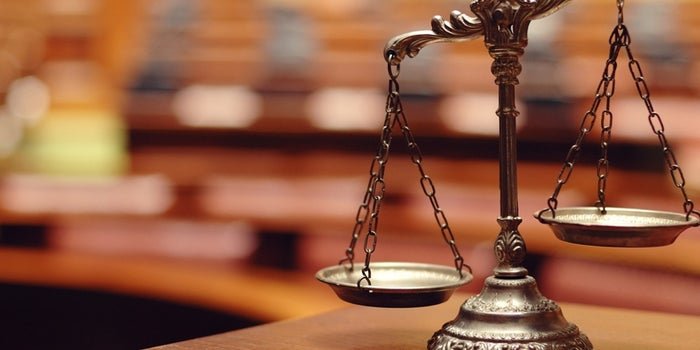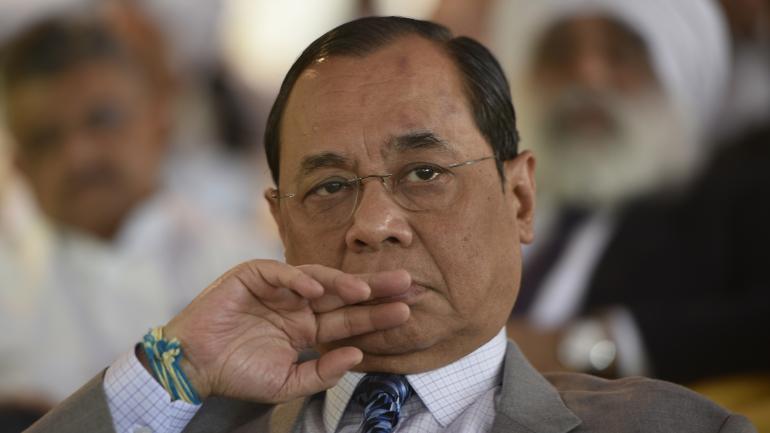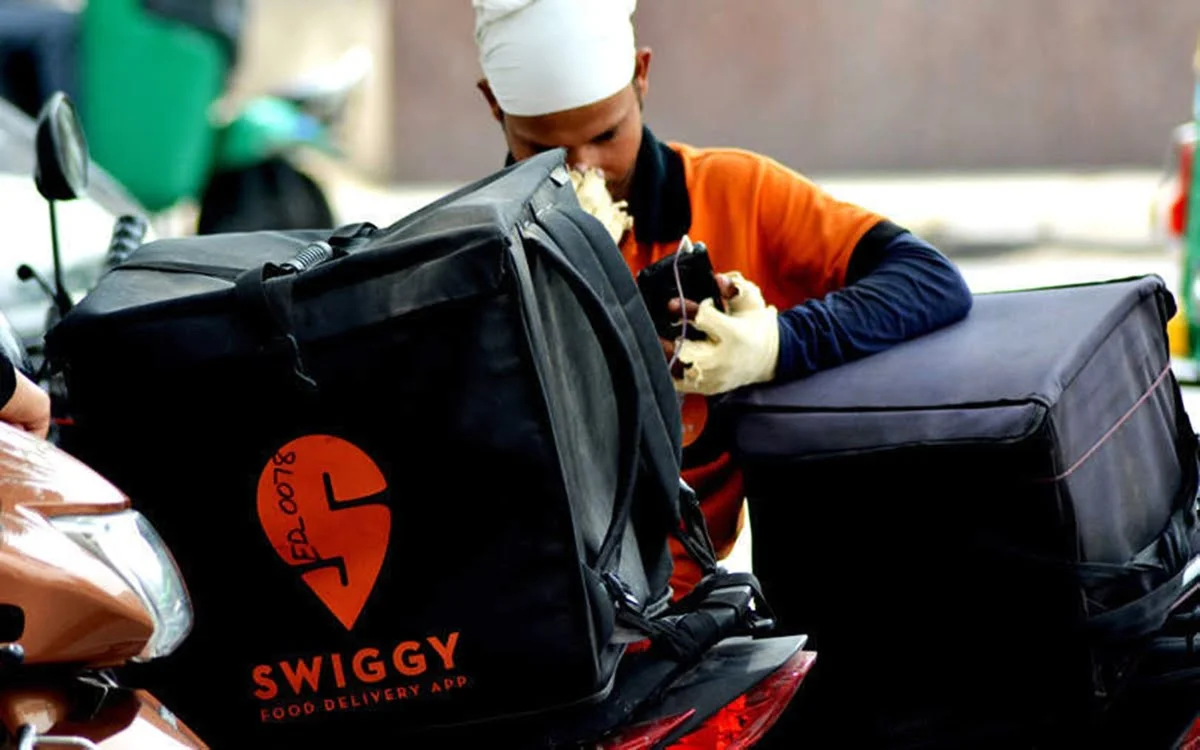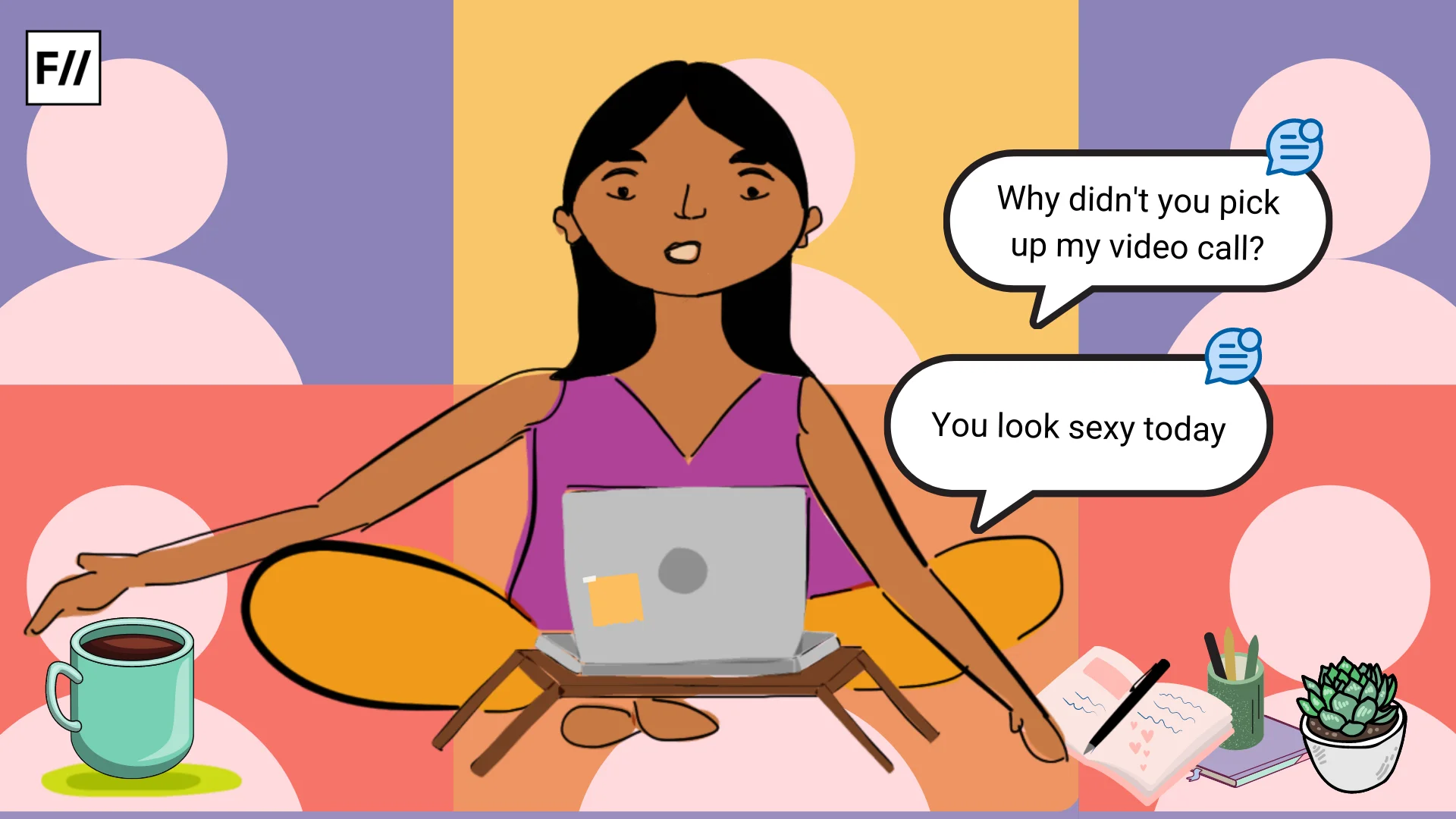When the first woman UP Bar Council President, Darvesh Yadav was shot merely 2 days after she took office, it opened up conversations about how safe workspaces are for upcoming and ambitious non-male individuals.

As Barbra Streisand muses, “I wish we lived in a time where laws were not necessary to safeguard us from discrimination”. Bill Gates expresses a similar thought with his famous saying, “Discrimination has a lot of layers that make it tough for minorities to get a leg up.” With the oh-so-privileged, cis-men dominating workspaces and getting first access to resources and opportunities, do non-binary and women law-upholders really get a leg, arm or even an adequate foot up to compete fairly in workspaces?
Also read: Are NLUs safe for female law students?
“Similar to other fields, even in the legal field men continue to exercise power. This unfortunate incident strengthens the fear that women law-upholders face in the industry. From being ogled at in the district courts for being one of the very few women present, to not being considered for jobs despite being qualified for the position, women have and continue to face discrimination”, says Aasavri Rai, an Arthur C Helton fellow currently working on India’s policies towards Rohingya refugees.
Incident Report
Before we get into the details of gender-specific, work-discrimination, here is a brief incident report of Darvesh Yadav’s journey as a powerful legal mind.

38-year-old Darvesh Yadav had taken office on June 10th. In the recently held bar council election at Allahabad, Darvesh had tied with Hari Shankar Singh and it was decided that each would hold the position for six months each. With Darvesh assuming the post first, it made her the first woman UP Bar Council President. Native to Etah, Darvesh had completed her LLB from Agra University and has been practising at the court from 2004. Turns out, Darvesh was attacked by her former colleague Manish Sharma who shared office space with her for close to a decade. He was known to be one of her biggest supporters, which makes this incident even harder to fathom.
With cis-men dominating workplaces do and non-binary and women law-upholders really get to compete fairly in workplaces?
At around 2.30 pm on June 12th, Manish stood at the entrance of Arvind Kumar Mishra’s chambers, inside court premises, and pumped three bullets into Darvesh’s head, stomach, and chest. He then tried to commit suicide and was rushed to Pushpanali Hospital in a critical condition. Darvesh did not survive the attack and was declared dead upon arrival to the hospital. The gun is licensed and is currently in UP police custody. The reasons for this attack are merely speculative at this point. Darvesh’s nephew, Sunny has filed an FIR against advocate Manish Sharma, his wife Vandana and another lawyer, Vineet Gulecha for murder, criminal conspiracy and criminal intimidation. He alleges that the crime happened over a dispute for money, jewelry, and a car.
What Her Death Represents
“The problems that plague this profession are systemic that plague every patriarchal and male-dominated society. Men in such societies feel entitled to a woman’s body, her sexual and romantic affections and to positions of power. And when they are denied any such opportunity their reaction is mostly violent”, says Devika Tulsiani, a student of law at Lady Sri Ram College, DU. Upholders of the law no longer feel safe, let alone non-binary and women law-upholders who have to fight sexism on a daily basis just to get an equal platform to demonstrate their abilities. Once they actually manage to kick past the sidelines and reach the top of the pyramid, as Darvesh Yadav did, what happened to her can be discouraging for young women who looked up to her as an icon of success.

Despite the reasons for her murder, the public execution of a law-maker and law-upholder in a manner so unfitting is nothing short of being appalling and crude. Taking to Twitter, Samajwadi Party Chief and former Uttar Pradesh chief minister Akhilesh Yadav condemned the incident and said, “Rapes, murders and political killings are increasing at an alarming rate. Now, the first woman head of the bar council of Agra has been shot. Even upholders of the law are not safe.”
Statistics Indicate The Prevalence Of Gender Bias
According to a survey made by TeamLease, 48 % of Indians have faced some kind of discrimination or the other at the workplace. Most of the biases are based on gender (25%), age (22%) and caste/religion (18%). With gender discrimination topping the toxic work culture pyramid, it’s important to introspect about our work practices that neglect to address gender-based problems.
Upholders of the law no longer feel safe, let alone non-binary and women law-upholders who have to fight sexism on a daily basis just to get an equal platform to demonstrate their abilities.
“A woman who is rising in her career, or is stepping outside her house has to be just not meritorious, she has to be brave, she has to be alert, her security is at stake everywhere. Anything about her can provoke a man to commit a crime against her. She has to face the threat of molestations, rape, outraging modesty and now this type of cold-blooded murder”, says Ayushi Upadhyay, a recent graduate of Hidayatullah National Law University.
Issues With Representation
We must recognise and celebrate the legal minds, especially from the margins, that have made immense contributions in the field, and have overcome numerous patriarchal and other barriers.
We are still at a stage where we are celebrating firsts because the idea of equal representation is still a distant dream. “We don’t have proper representation, we don’t have voices that resonate our concern. The lawmakers are men, enforcers are men and the institution that provides justice is also male dominant”, expresses Ayushi indignantly.
“The issues of sexual harassment, the conduct towards women and the inherently sexist language within the courtrooms, are seen as soft issues”
The Inherent System Is Flawed
“The issues of sexual harassment, the conduct towards women and the inherently sexist language within the courtrooms, are seen as soft issues”, says Devika. A blatant example of this in recent times is SC’s handling of the sexual harassment case against the CJI, Ranjan Gogoi.
Devika tells us, “The handling of the allegations has defiled every notion of natural justice which doesn’t do anything to instil confidence in the judicial process. What is unique to this profession is that it has inherent mechanisms present to effectively deal with such problems in the form of the bar council. However, the council itself fights elections on issues it considers to be hard and caters to the voters who are largely male.” In the case of the complainant who said ‘her worst fears have come true’ after the CJI was given a complete clean cheat, she ended up losing her career, her credibility and everything she worked so hard to build over the years. The proceedings for her case were not transparent enough to warrant the court’s ruling.
Also read: The Errors In The Due Process: Is CGI Gogoi Above The Law?

Is the judiciary process failing us by not delivering its due diligence? Are the existing workplace laws unable to protect women from these seemingly ‘soft-issues’ like sexual harassment and discriminatory conduct? What more can we do to make our workspaces feel comfortable, safe and accessible to one and all?
About the author(s)
Meghna, who goes by the name plebwrites, enjoys discussing literature, gender politics, sexuality, and mental health. As a journalist, she thrives on documenting people and culture stories and uses poetry as her cathartic getaway. She's been a featured artist with Kommune, Unerase poetry and her work has been published in Ethos Literary Journal, Scroll, Homegrown, Wire and Sunday Guardian. Meghna has published a book of poems on mental health alongside six other distinguished poets called 7 Transgressions, available on Amazon and in print.



